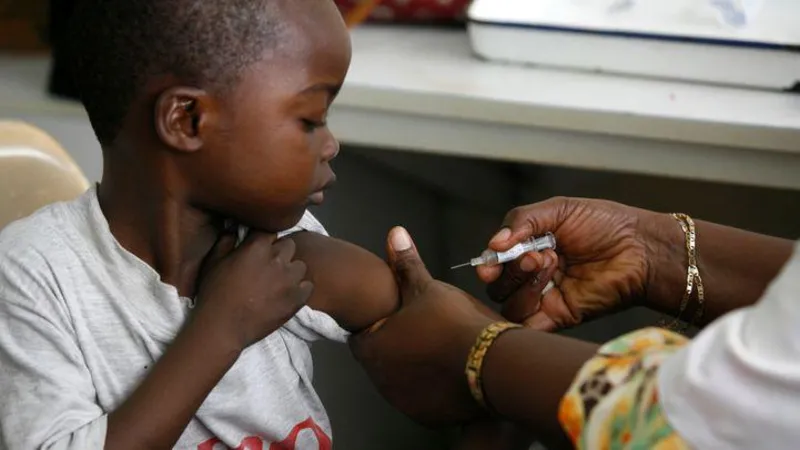Gom Mirian
The United Nations Children’s Fund (UNICEF), Nigeria, has said Nigeria has the highest number of malnourished children in Africa and is second globally.
It also noted that out of the 35 million under-five children malnourished in the country, 23.5 are anaemic, which is about 60 per cent of children in Nigeria.
According to the organisation, one in three children, or approximately 12 million Nigerian children, are suffering from stunted growth, with three million others experiencing severe malnutrition and wasting.
This disclosure was made by Ms Nkeiru Enweium, the Nutrition Officer of UNICEF, Nigeria, on Wednesday while giving an update on the overview of malnutrition in Nigeria and its impact on children at a two-day media dialogue on nutrition financing in Nigeria organised by the Child Rights Information Bureau (CRIB) of the Federal Ministry of Information and National Orientation, in collaboration with UNICEF, in Port Harcourt, Rivers State.
Stunted growth, which is caused by chronic undernutrition, affects a child’s physical and cognitive development and can have long-term negative effects on their health and well-being. Wasting, on the other hand, which is caused by acute malnutrition, can lead to death if left untreated.
To address this, UNICEF and its partners are calling for urgent action to address the root causes of the crisis, including increased investment in nutrition pprogrammes and stepping up support for agricultural livelihood and resilience building, particularly for returnees and host communities with access to land for farming.
They also urged the Nigerian government and humanitarian communities to sustain the implementation of life-saving interventions of food assistance and unconditional cash transfers (social welfare package) to vulnerable populations in the affected areas.
“Government at all levels should consciously make annual budgetary provision to support the implementation of CH activities. Such provision should be adequate to also cover the conduct of food and nutrition security-related assessments in all the states to strengthen the credibility of the CH results.”
Earlier, Dr. Geoffrey Njoku, a communication specialist for UNICEF, explained that the meeting was organised to identify financing shortages in national budgets for dealing with child malnutrition concerns and how to fill the gaps.


